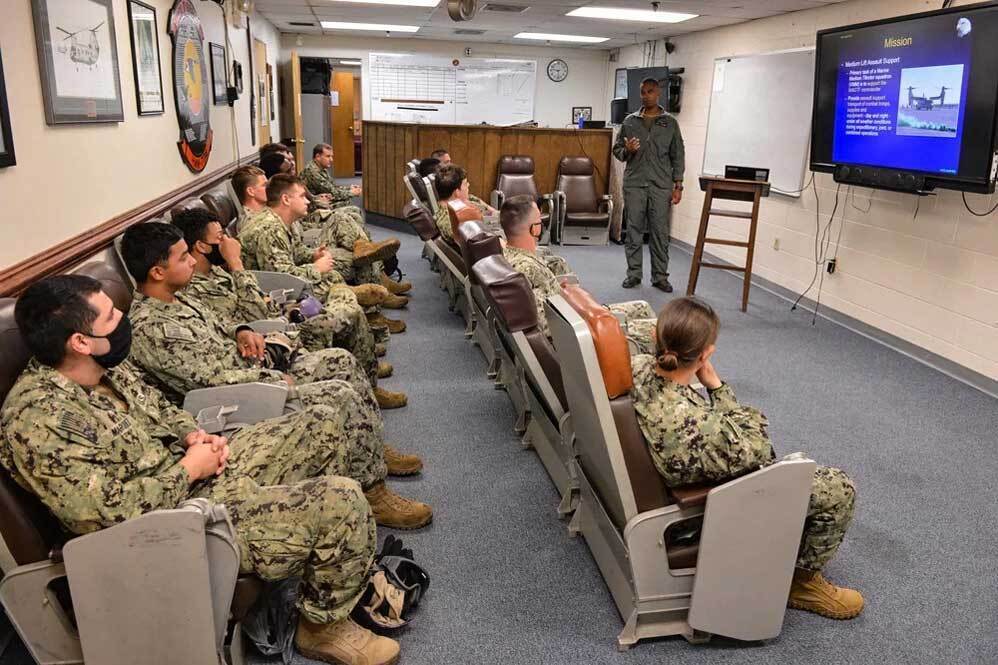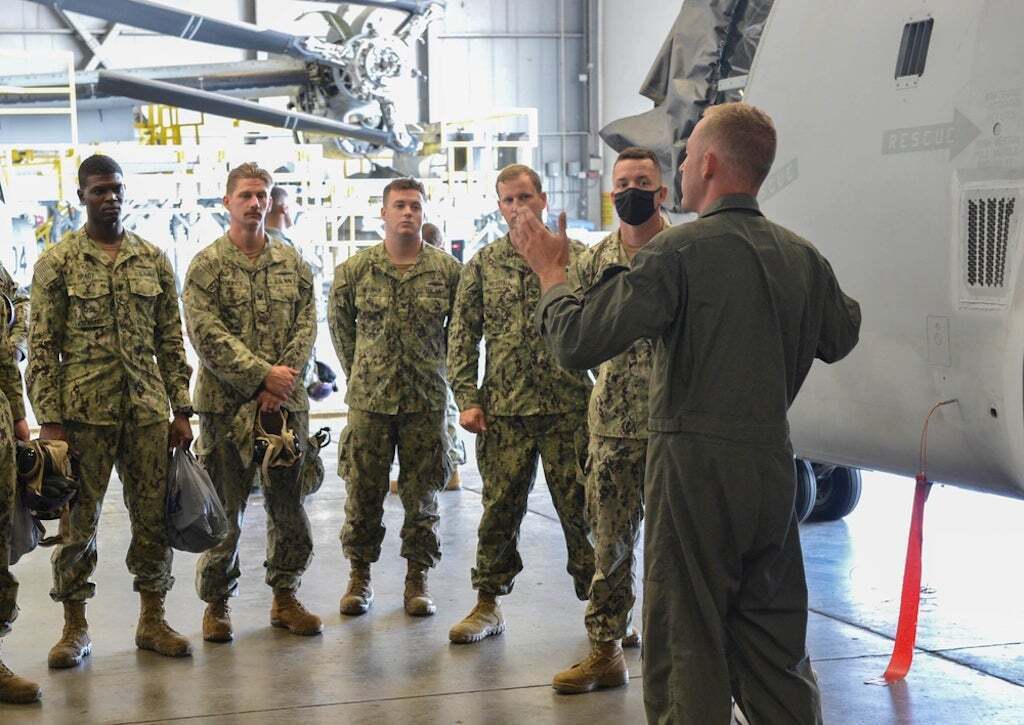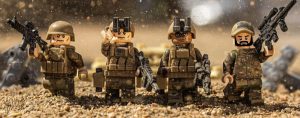No matter what branch we served in in the U.S. military, there are a few things that are universal. All veterans have this innate need to show up 15 minutes early to everything. So many of us can still eat Thanksgiving dinner within two minutes (including dessert). Many veterans would also be lying if they aren’t a little proud of themselves when their pee is clear (if you know, you know).
While those are fun but forcibly instilled personality quirks, there are a few things that will turn out to be pretty handy over the course of a veteran’s life and career that our service has provided us. These are things that aren’t just good to know, they’re good to keep.
1. Praise in Public; Criticize in Private
It’s seldom a good idea to embarrass or belittle a subordinate in front of the entire unit. The same can be said for working in a civilian job. If we have to chew someone out, we don’t do it in front of all their coworkers.
Veterans know that a public ass-chewing doesn’t do the group any good, will hurt their respect for you and impact their performance. A good subordinate will know they messed up, no matter how loud you get. We all know discipline in private saves face and doesn’t hurt the unit as a whole.

2. Integrity
Lies only force the teller to create more lies to support the original lie. Honesty is important in every aspect of everyone’s life and dishonesty can hurt your relationships with everyone around you. The reason every branch of the military insists on integrity is because that’s how critical it is.
Once anyone is caught in a lie, it destroys the trust between two or more people. Faith in each other’s integrity allows us all to operate with full support and confidence in each other and our surroundings.
3. There is no such thing as “I can’t”
There are two aspects to this mantra: confidence and ability. A military veteran with confidence in themselves will at least acknowledge that completing a task is possible and make an attempt at it before deciding they cannot do it alone.
When the task has been attempted, we veterans assess what we did wrong, what we did right, and what we will need to achieve its completion now that we’ve made an attempt. Moreover, we are absolutely okay with asking for help if that’s what’s required.

4. Planning. For anything and everything
When given an assignment or objective, the first thing a military veteran will do is plot out possible courses of action. They will then look at the risks they might be taking in each instance and decide if a better way is needed. If they find risks in their chosen plan, they will create a plan for those possible risks.
Military veterans make contingency plans because we know the first casualty of war is the plan itself, and being prepared for whatever might go wrong once we get started will help ensure that we meet our objectives. It might be a lifelong goal or a workplace assignment, but we will get there.
5. Complete indifference to bad conditions
Sometimes, life can get rough, sure. Major events in life like medical issues and job losses are hard. That’s not what I mean. In our civilian lives we see our non-veteran coworkers complain about every little annoyance that might jeopardize their homeostasis. This does not bother a veteran.
If our food is late, the coffee is not quite right, or we run into every red light in town on the way to work, our attitude is the same. It can always get worse – and when it gets worse, it better be real bad before anyone complains.
This article originally appeared on We Are The Mighty.


